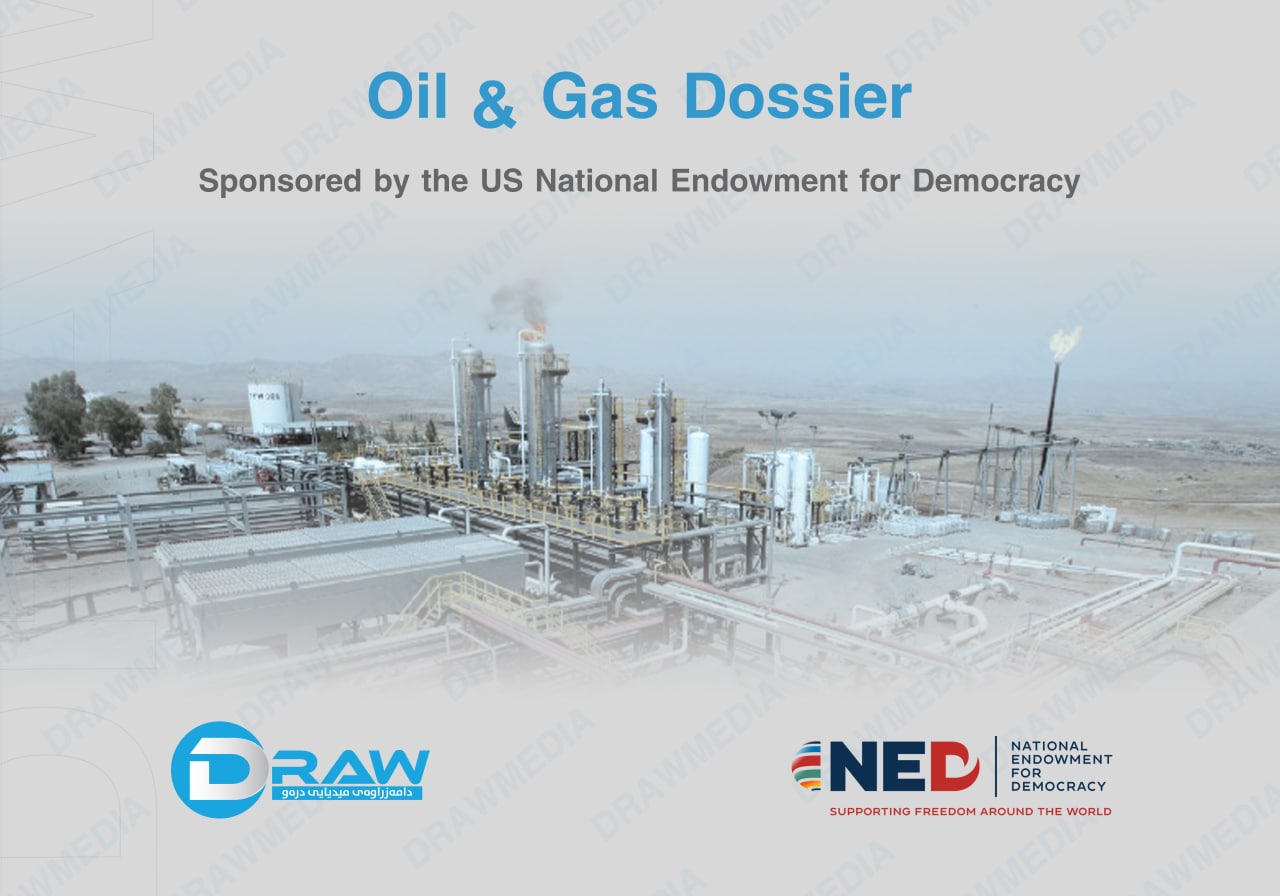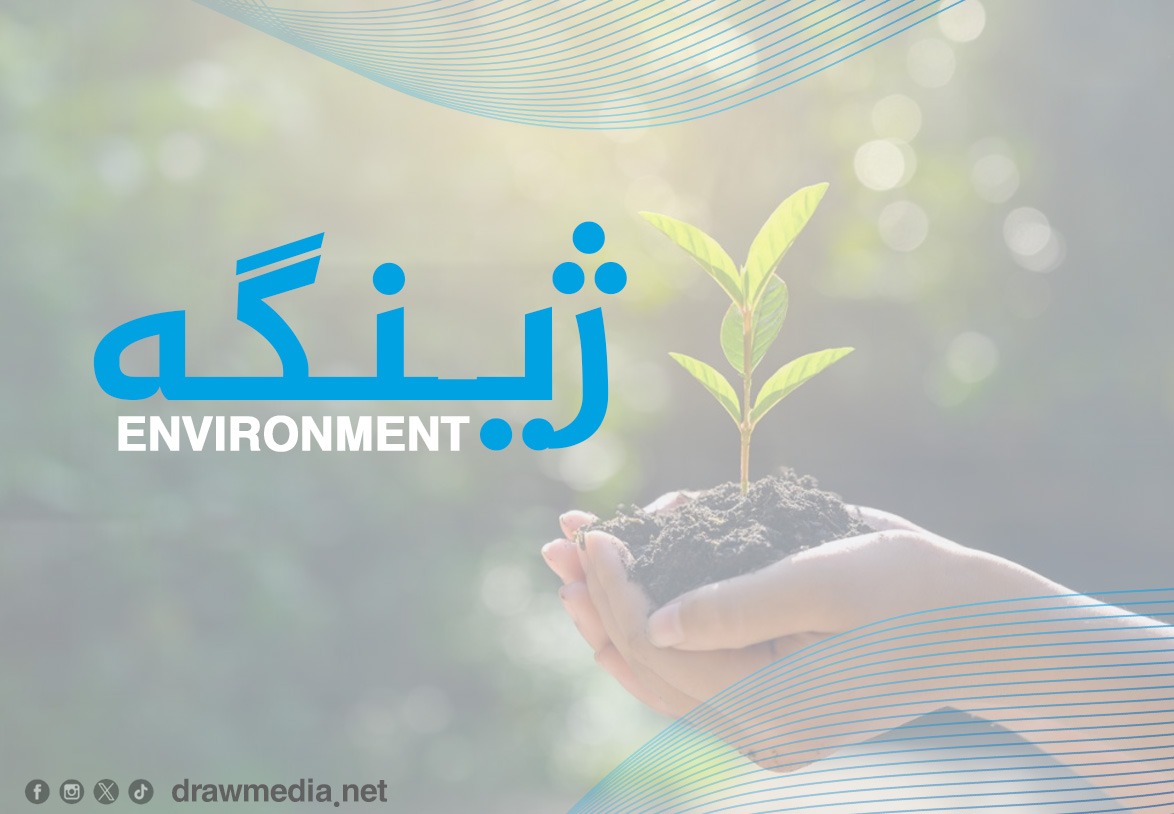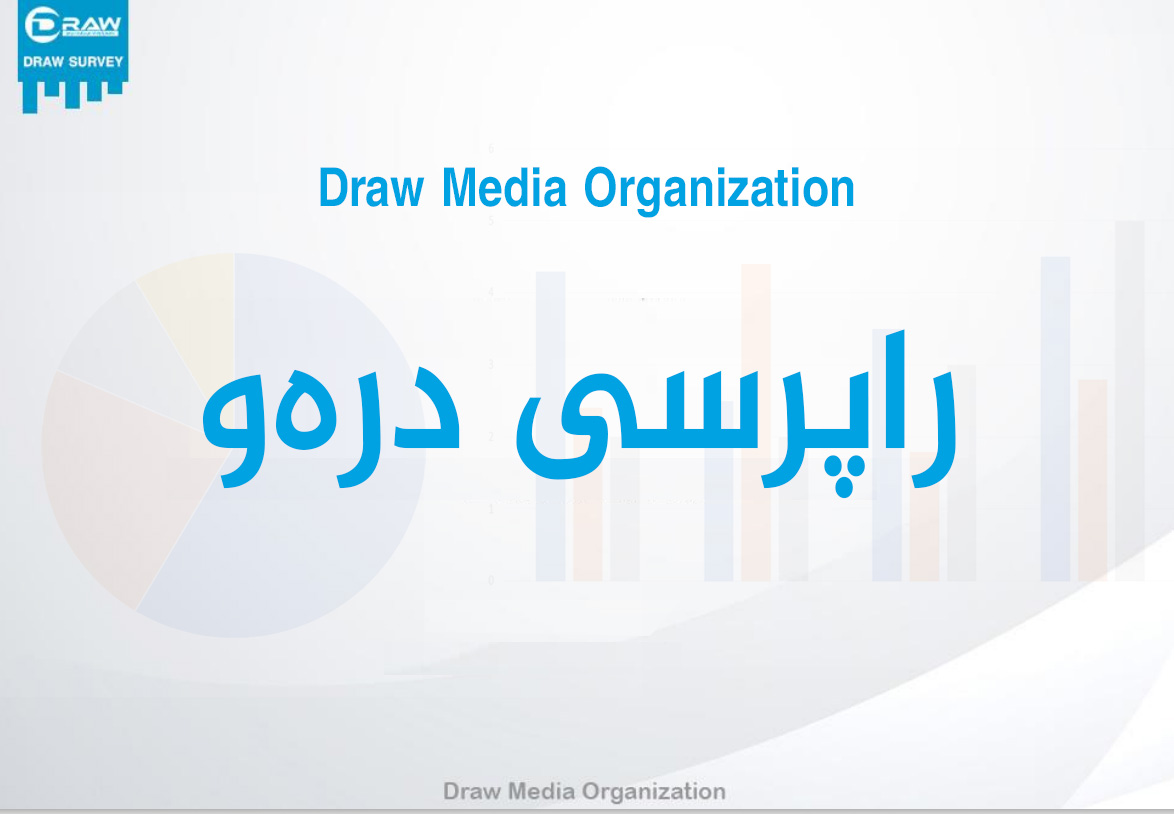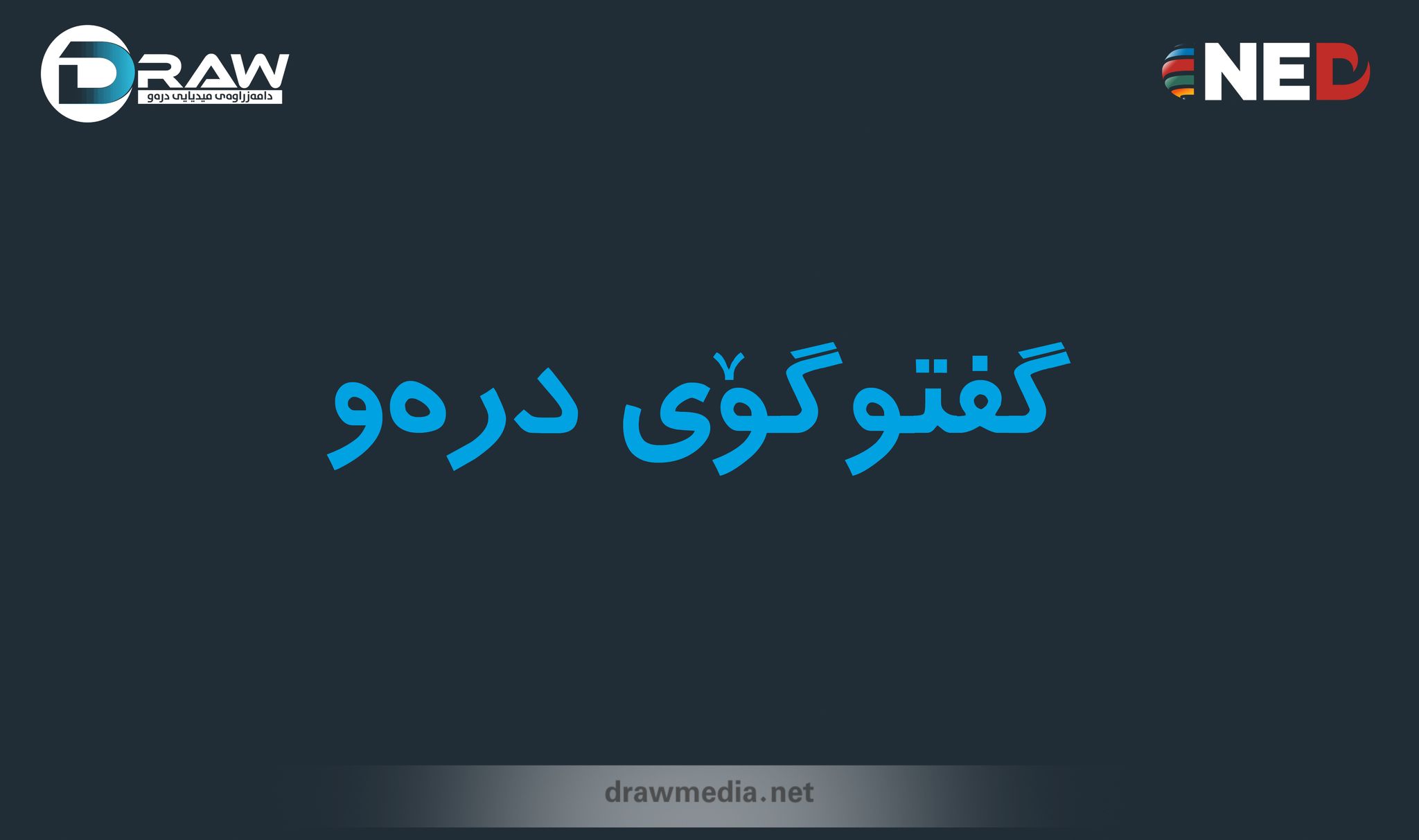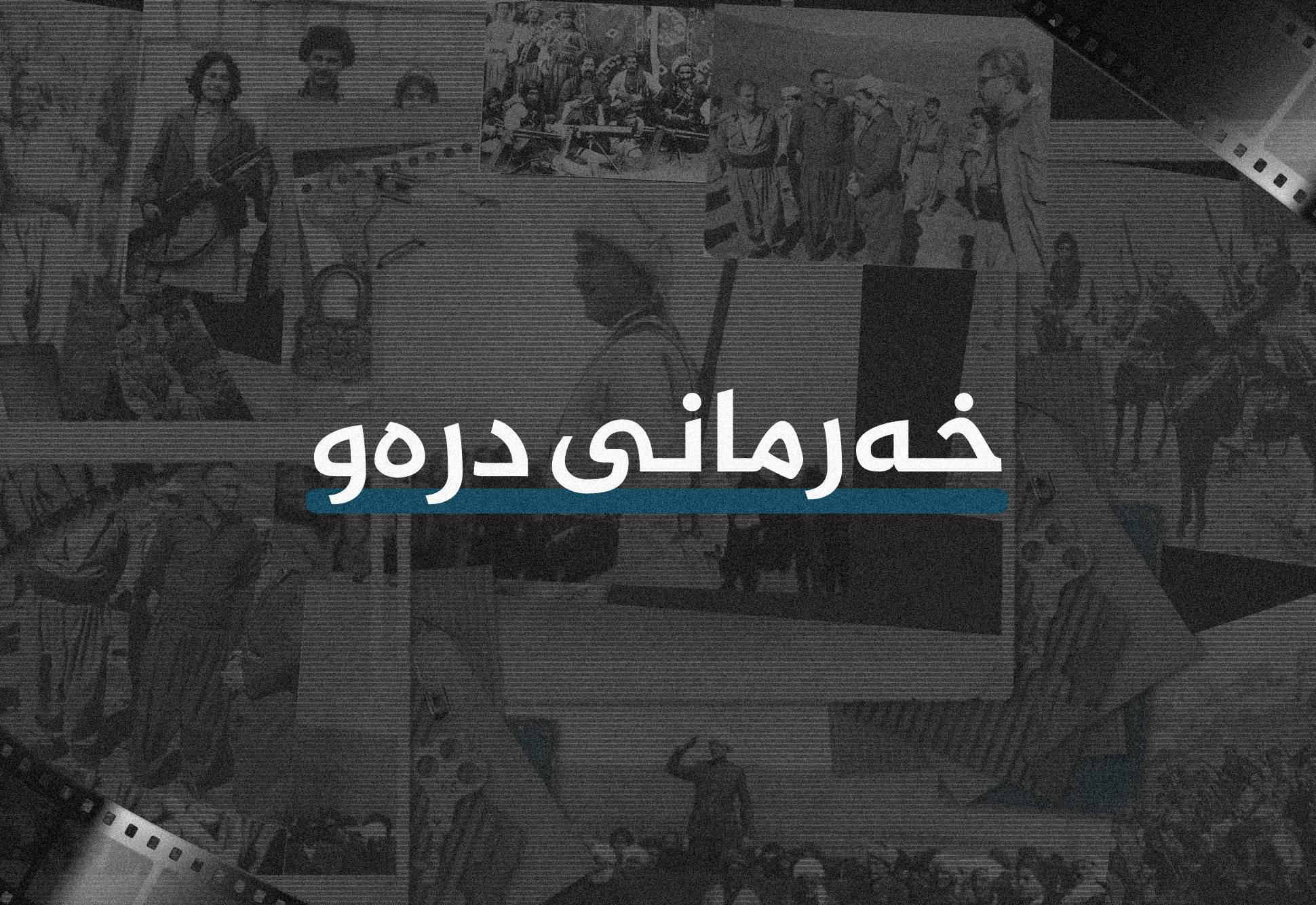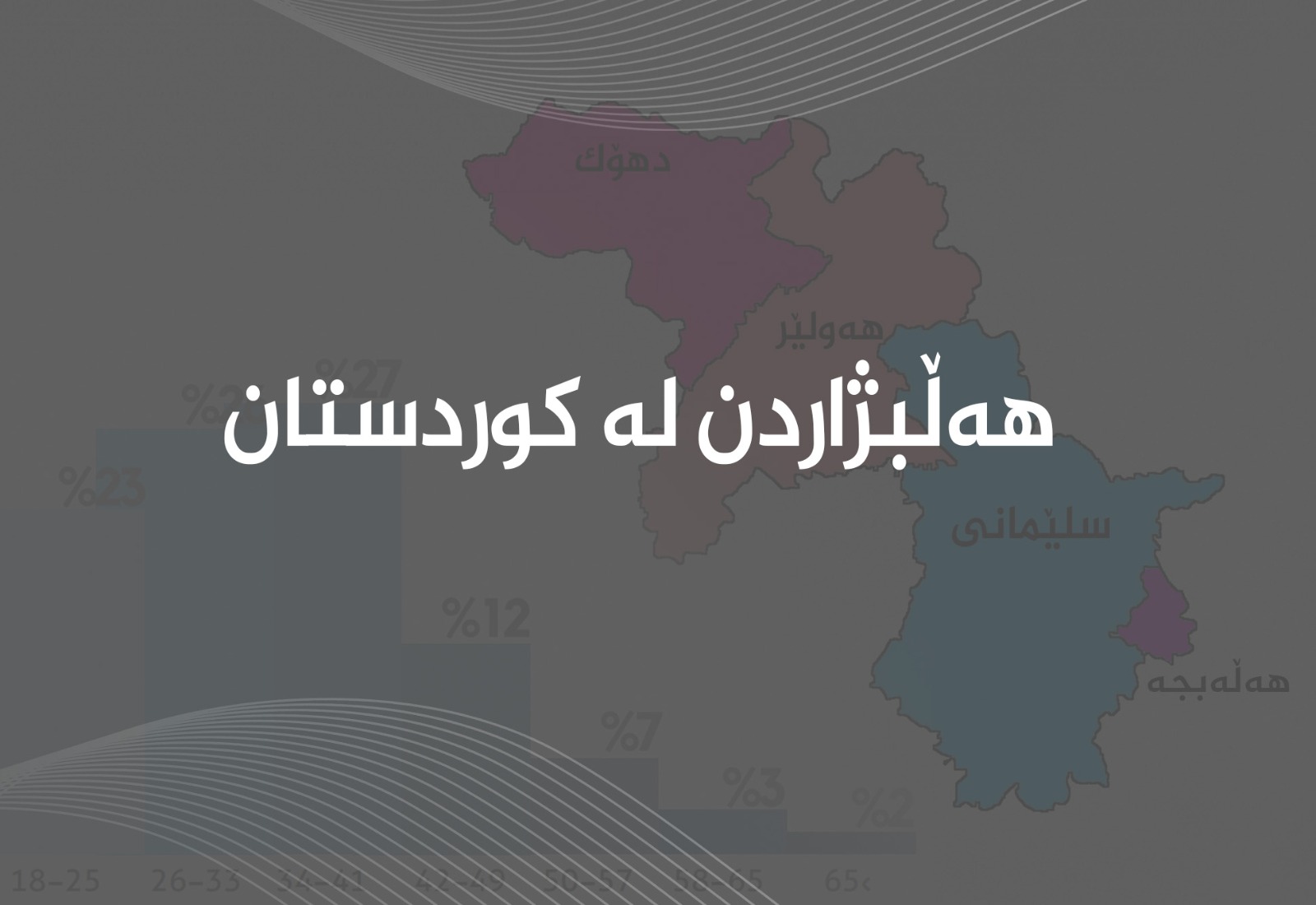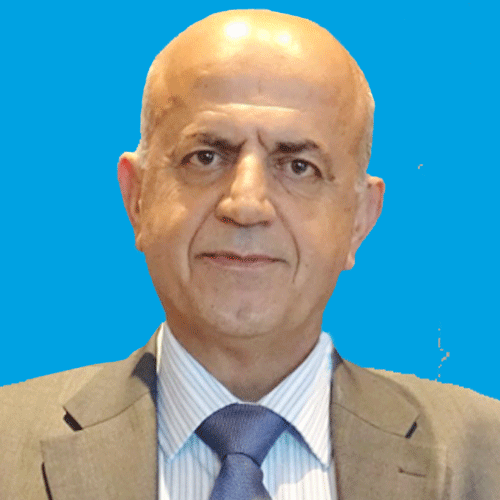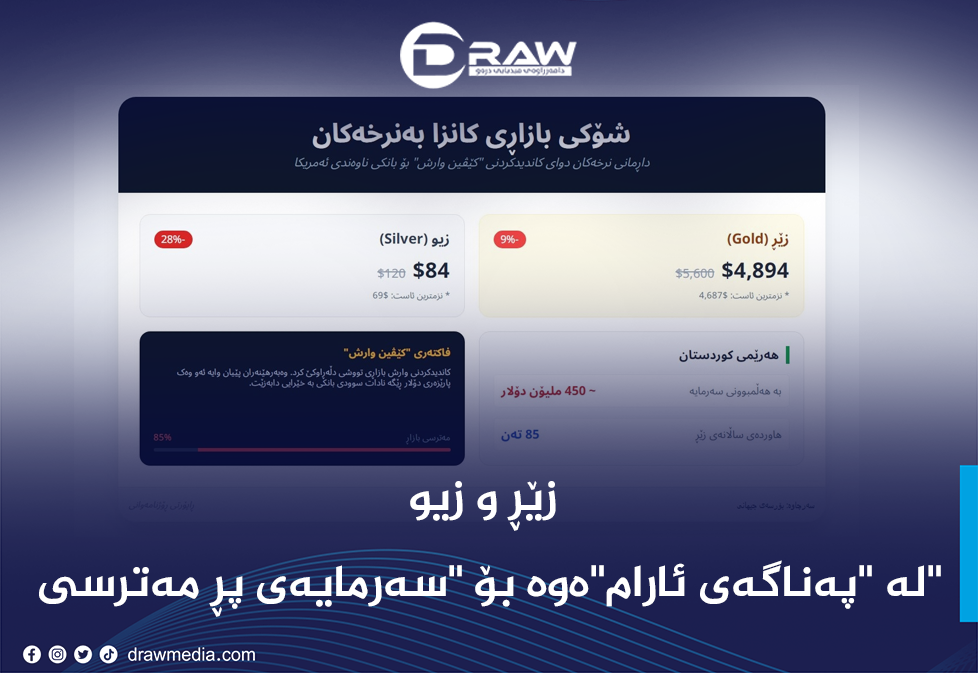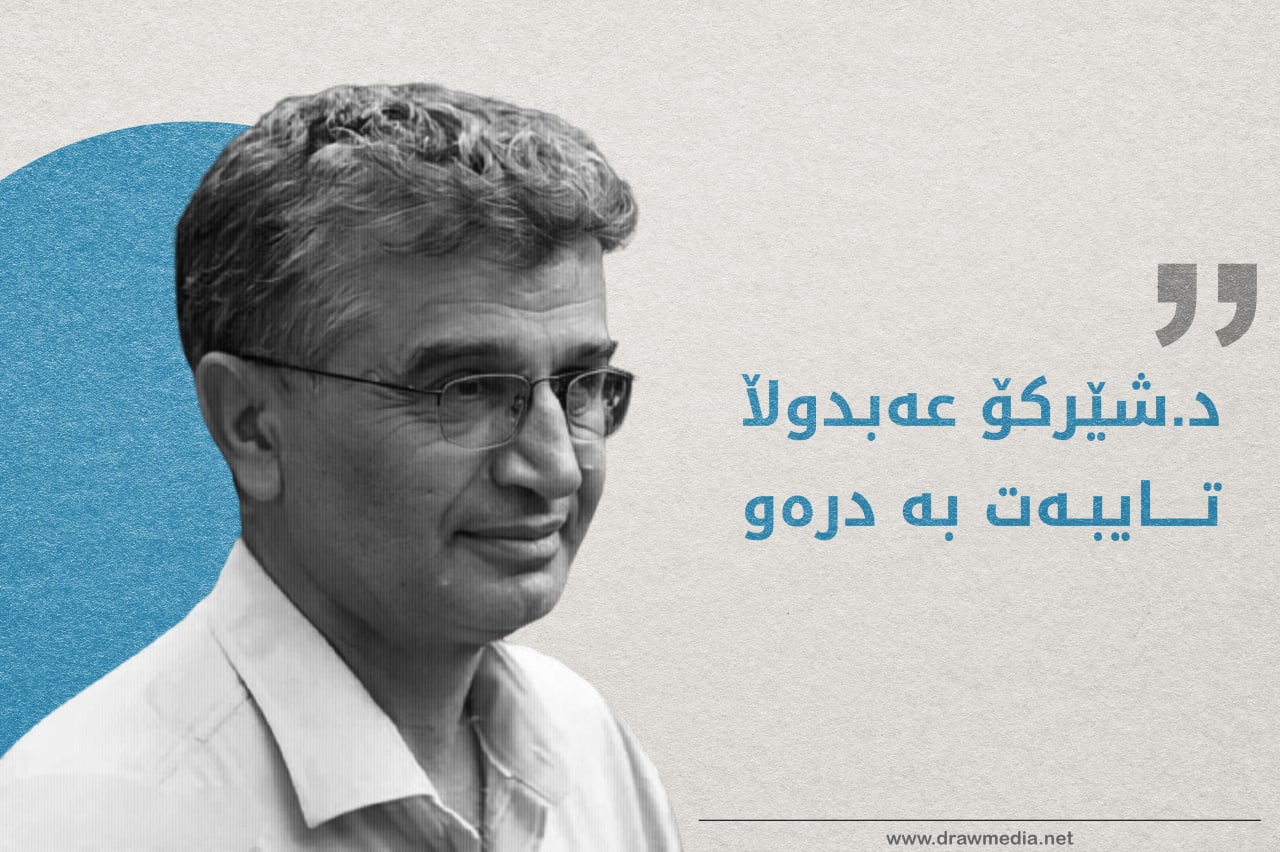Challenges Facing the Opposition Parties
.jpg)
2025-10-18 05:55:15
“Modified Sainte-Laguë 1.7 system, multi-district division, manipulation, vote-buying, boycott, and power and money” are among the most obvious challenges that opposition forces and independent candidates face in Iraq, especially in the Kurdistan Region, during this election process that is expected to be fiercely competitive among the dominant parties to regain parliamentary seats and demonstrate their influence. For this reason, they have modified the election law to suit their interests.
The modified Sainte-Laguë system for distributing votes and seats causes serious losses for small parties, while the buying of voter cards, votes from the security and military forces, and the use of money and patronage are all tactics used by dominant forces.
Amid all these challenges, part of the opposition vote has been discouraged or withdrawn.
Iraq’s Parliamentary Elections – November 11
Currently, preparations are underway across Iraq for the parliamentary elections scheduled for November 11, 2025, to elect the sixth term of the Council of Representatives.
The Iraqi Parliament consists of 329 seats, of which 320 are general and 9 are quota (minority) seats.
Of this total, 46 seats belong to the three provinces of the Kurdistan Region — 44 general and 2 quota seats.
Across Iraq, 21,404,291 citizens are eligible to vote. Of these, 3,068,350 are from the Kurdistan Region, and 18,335,880 are from the rest of Iraq.
According to the official announcement of Iraq’s High Electoral Commission, 3,068,350 citizens in the Kurdistan Region have renewed their biometric voter cards and have the right to vote, while 815,151 people have not renewed their cards and thus cannot participate.
Among the eligible voters, 224,333 (7%) are special voters (security and military personnel), and 2,844,051 (93%) are general voters.
The Main Challenges Facing Opposition Forces in the Election
The sixth-term parliamentary elections in Iraq pose numerous barriers and challenges for opposition and independent forces. Some of these challenges undermine the fairness and balance of the election process from the start, as powerful parties — with their control over power, money, territories of influence, and networks of connections — shape the process to their advantage.
The main challenges can be summarized in several key points:
1. The Sainte-Laguë System
The sixth-term parliamentary elections in Iraq are being conducted under the modified Sainte-Laguë 1.7 system.
This formula for dividing votes and seats harms small parties and benefits large ones.
The Sainte-Laguë method was introduced by André Sainte-Laguë, a French mathematician, in 1912, and later adopted by several countries for their elections.
According to this system, the number of votes each list receives is divided by odd numbers (1, 3, 5, 7, 9, 11, ...), and the seats are distributed based on the largest resulting quotients.
In Iraq, after the fall of Saddam Hussein’s regime, the 2005 Election Law adopted a system based on proportional representation and Sainte-Laguë.
Up to 2018, this formula was used, but after the 2019 protests, demonstrators demanded a new election law.
In 2020, Iraq adopted a multi-district system, where each province was divided into smaller constituencies, allowing more opportunities for independent and new candidates to win seats — a system used in the 2021 elections.
However, since that system harmed the major parties, in 2023, they amended the law again in their favor, returning to the modified Sainte-Laguë 1.7 system.
This change benefits large traditional parties — and in the Kurdistan Region, specifically the KDP (Kurdistan Democratic Party) and PUK (Patriotic Union of Kurdistan) — while disadvantaging independents and small/new parties, whose votes are effectively wasted.
Example:
If a party (A) receives 20,000 votes, under the 1.7 formula, those votes are divided by 1.7, resulting in 11,800 — meaning their “effective” vote total is reduced, making it unlikely to win a seat.
2. Multiple Electoral Districts (Multi-District System)
For the sixth-term elections, Iraq is divided into 18 electoral districts.
In contrast, during the 2018 Kurdistan parliamentary elections, the Kurdistan Region was treated as one single district, which favored small parties and independents, as no votes were wasted.
Now, the Kurdistan Region is divided into three districts — Erbil, Sulaimaniyah (with Halabja), and Duhok — which greatly harms smaller parties and independents.
For example, if Party (B) wins 10,000 votes in total, under the single-district system, it might have gained a seat. But divided among three districts, those votes might become roughly 3,000 per district, which under the Sainte-Laguë 1.7 formula becomes even less (about 1,800 effective votes), insufficient for a seat.
As an example, in the 2018 Kurdistan parliamentary elections, the Communist Party won 8,063 votes — enough for one seat in a single-district system — but under the multi-district and Sainte-Laguë 1.7 system, those votes would be scattered and useless.
3. Boycott
Historically, voter turnout in Kurdistan parliamentary elections has been higher than in Iraqi parliamentary elections, since the regional campaigns are more locally focused.
In the latest Kurdistan parliamentary election (October 20, 2024), the boycott rate was 28% and turnout was 72%.
In contrast, in the 2021 Iraqi parliamentary election, the boycott was 64% and the turnout was 36%.
For the sixth-term election, among 3,883,501 eligible voters, 815,151 (21%) have not renewed their biometric cards and thus cannot vote, meaning only 3,068,350 (79%) can participate, implying roughly 21% boycott.
Election boycotts mostly reflect public frustration and hopelessness, and they disproportionately harm opposition and independent candidates, whose voters are often the ones most likely to stay home.
4. Power, Money, and State Resources
The Kurdistan Region is divided into three electoral districts, but also effectively into two zones of political influence: the Yellow Zone (KDP) and the Green Zone (PUK).
Each controls its own security forces, financial resources, administrative posts, and political apparatus — all of which play roles during elections.
a. Security Forces
There are approximately 433,000 people in the security and military sector in the Kurdistan Region, divided between the KDP and PUK.
During elections, the vast majority of these votes go to the two ruling parties, both in special voting (security/military personnel) and general voting.
Breakdown of forces:
-
Peshmerga and internal security: 217,979
-
Police and Asayish: 104,699
-
Military retirees (on payroll): 110,729
Total: 433,407 (about 38% of Kurdistan’s total payroll employees)
Their salaries total about 450 billion IQD, which is 45% of all regional salary expenditures.
In previous elections, the special voting turnout among these forces reached 97%, and the majority of those votes went to KDP and PUK.
There are also reports of:
-
Collecting ID cards and voter cards from family members
-
Pre-filling ballots
-
Organizing mandatory political seminars and instructions on how to vote
-
Monitoring and supervision over groups of ten individuals per officer
Through such mechanisms, the dominant parties manipulate results.
For example, if 95% of the 433,000 military and security members vote, that’s 411,000 votes, and if 75% of them go to KDP and PUK, that’s 308,000 votes, roughly 154,000 each — a significant number of seats already secured in advance.
Thus, KDP and PUK have effectively guaranteed a base of seats before election day.
b. Administrative Posts and Financial Power
The overwhelming majority (97%) of government positions and institutions in Kurdistan — from top to bottom — are controlled by KDP and PUK.
These positions are used to influence voters and pressure public employees, including:
-
Filling out ballot forms for staff
-
Using public projects and services for political gain
-
Mobilizing administrative networks for campaigning
A massive amount of money is also spent during campaigns, often unequal to the modest resources of opposition forces.
Additionally, vote-buying is widespread — a single voter card is reportedly purchased for 75,000–100,000 Iraqi dinars.
Despite all these obstacles, if opposition and independent candidates can raise their turnout, the negative impact of the Sainte-Laguë system on their final seat count will be reduced.







.png)
.png)
.png)

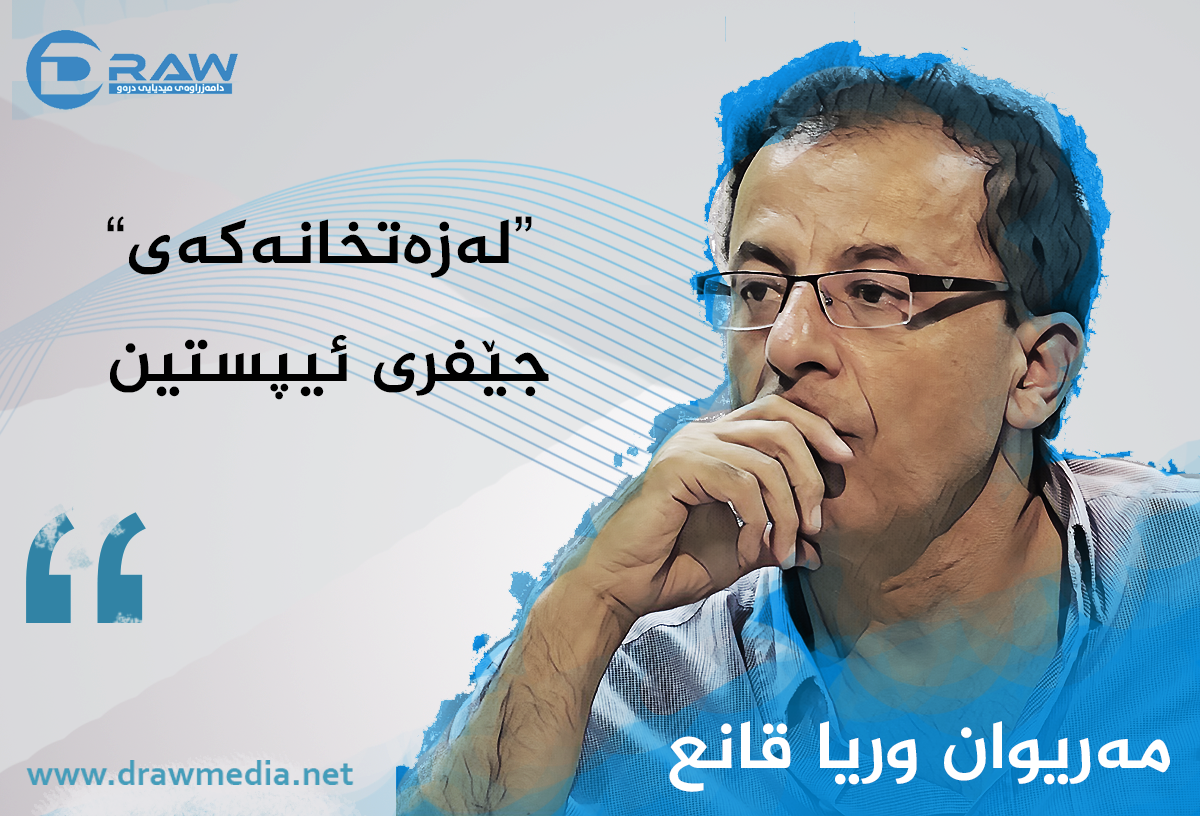
.png)
